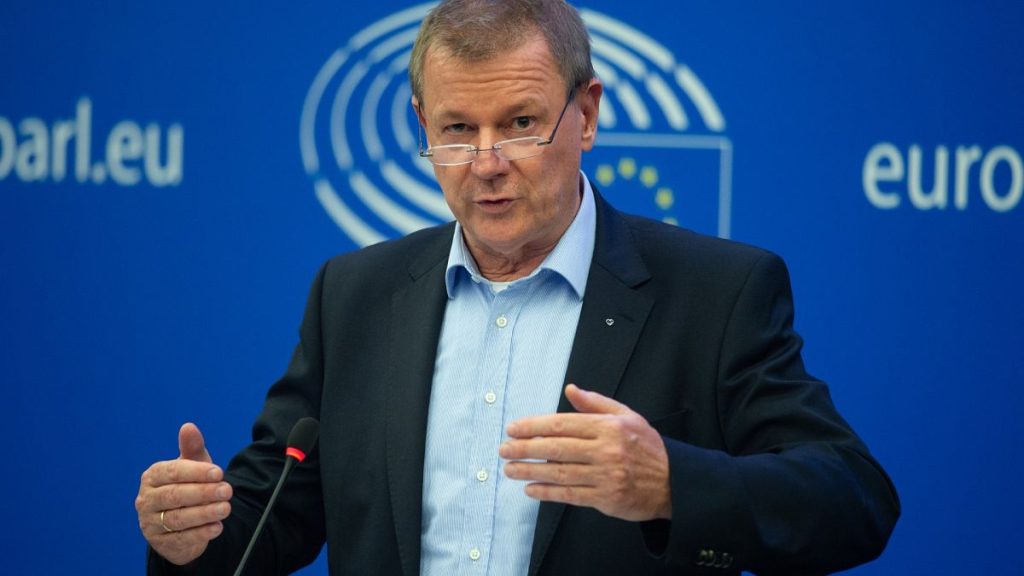Lawmakers at the European Parliament voted to reverse the decision to appoint Markus Pieper as the European Commission small business envoy, citing allegations of political favouritism towards Commission President Ursula von der Leyen. The vote, which passed 382 to 144, was in response to concerns that the principles of merit, gender, and geographical balance were not properly considered in selecting Pieper. MEPs from the Green, Socialists and Democrats, and centrist Renew groups led the call for a re-launch of the selection process in a transparent and open manner. This decision came after days of controversy and complaints of a lack of transparency within the EU executive.
Pieper, who is from the same German political party as von der Leyen, was criticized for securing the lucrative four-year posting on the basis of his political affiliation rather than qualifications. Despite concerns raised by MEPs, including Daniel Freund, Pieper had already signed a contract to start his duties next week. The European Commission Chief Spokesperson Eric Mamer maintained that the Commission has institutional independence in recruitment matters, indicating that they will respond to the Parliament’s resolution in due course. The vote also came as part of the MEPs’ decision to sign off on the EU budget, following discussions on a range of topics from Russian interference to the state of Palestine.
The appointment of Pieper has raised significant questions about the recruitment process, including allegations that he was outperformed by multiple other candidates. Czech MEP Martina Dlabajová, who was one of the candidates, has reportedly lodged a complaint with the Commission’s Human Resource service. Concerns have also been raised about the involvement of Bjoern Seibert, von der Leyen’s chief of staff, in the interview process, as it goes against EU guidelines that senior appointments should be made in agreement with portfolio commissioners. This lack of transparency and possible conflict of interest have further fueled the controversy surrounding Pieper’s appointment.
During a meeting of Commissioners, including Thierry Breton and Josep Borrell, concerns were raised about the lack of transparency and collective decision-making at the top of the EU executive. However, some Commissioners, such as Slovakian Maroš Šefčovič, maintained that rules and procedures were followed in the Pieper case. The debate among Commissioners did not seem to change the outcome, as Pieper had already signed a contract to start the job on April 16th. The decision by MEPs to challenge the appointment reflects wider concerns about how appointments are made within the European Commission, particularly when it comes to political favouritism and lack of transparency.
The European Parliament’s call for a re-launch of the selection process for the small business envoy position highlights the ongoing debate about political cronyism and transparency within the EU institutions. The vote to reverse Pieper’s appointment was a significant rebuke to the Commission and von der Leyen, raising questions about the integrity of the recruitment process. Despite assurances from Commission officials that the rules were followed, the controversy surrounding Pieper’s appointment has cast a shadow over the Commission’s recruitment practices. Moving forward, it will be essential for the Commission to address the concerns raised by MEPs and ensure that future appointments are made based on merit and qualifications rather than political affiliations.


